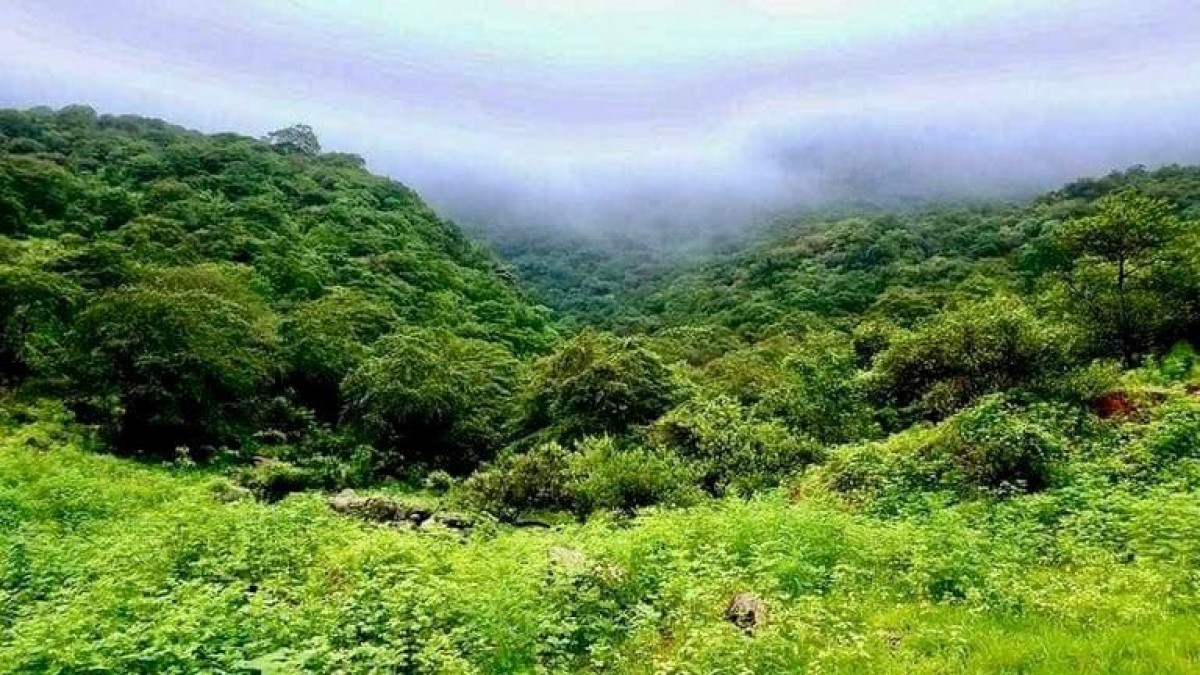Systematic destruction... The Houthi war affects biodiversity in Yemen


The biodiversity in Yemen is being systematically destroyed in light of the Houthi war against the Yemenis and the Yemeni environment and its wealth.
Since the outbreak of the Houthi war against the Yemenis, the militias have waged another systematic war against the Yemeni environment and its biodiversity, as they have mined large areas of the country's lands.
These Houthi actions caused pollution of vegetation and agricultural lands, which suffer from food insecurity.
Biodiversity Threats
Yemen is full of diverse wildlife, as it has more than 71 species of wild mammals, classified among eight animal orders.
These animal species of relatively large and rare mammals include the Arabian mountain gazelle, ibex, red fox, monkeys, Arabian leopard, hunting cheetah, hyenas, wolves, foxes, civet cats, hedgehogs, and a type of honey badger.
Associate Professor of Environmental Impact Assessment at Hodeidah University, Dr. Abdul Qadir Al-Kharaz, says that one of the most prominent threats affecting biodiversity in Yemen, especially in agricultural areas, coasts and wet areas, is the planting of mines by the terrorist Houthi militias.
Al-Kharaz, an international climate change consultant in Yemen, added to Al-Ain News that one of those threats to natural biodiversity is unjust logging due to the ongoing gas crises resulting from the militia war.
He continued: “We basically have few trees, and Yemen does not have large forests, as there are concentrations of tree species in some governorates, and these trees are exposed to many types of unjust logging.”
Effects of naval attacks
Al-Kharaz pointed out that these threats pose great risks to biodiversity, and threaten the extinction of many rare plant species, vegetation, and marine biodiversity.
He explained that the attacks caused by the militias in the Red Sea and Gulf of Aden, against commercial ships and oil tankers, threaten the marine environment and marine biological diversity.
He confirmed that these attacks and the resulting sinking of ships carrying fertilizers and chemicals caused great damage to marine organisms, coral reefs, and marine life.
These threats - according to the Yemeni expert - are a major problem for biodiversity at the present time, and in the future for the treatment process and to restore deteriorating biodiversity there will be a high cost and a long period of time.
Absence of environmental priority
The Yemeni government’s lack of priority over environmental and climate issues contributes to the exposure of the country’s natural biodiversity to many risks.
Among these risks, according to the Associate Professor of Environmental Impact Assessment at Hodeidah University, are climate changes represented by hurricanes, floods, and atmospheric depressions that sweep away many rare plants, without taking measures to mitigate these risks.
Observers say that the Houthi militia's continued war and their attacks on commercial ships in the Red Sea, Bab al-Mandab, and the Gulf of Aden are greatly affecting the environment and its biodiversity, eliminating many rare plants and endangered animals.